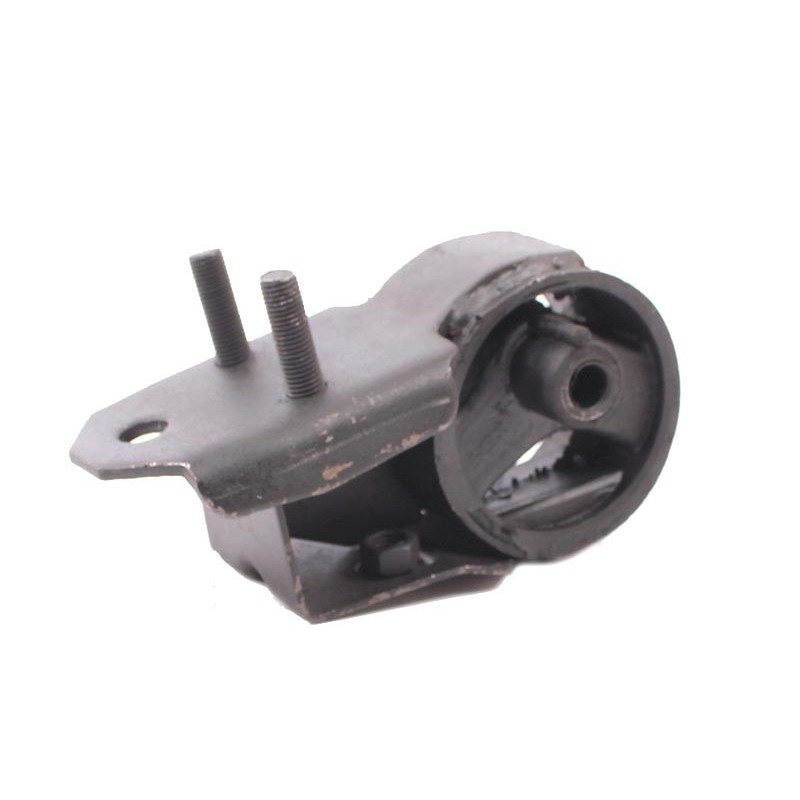Toyota Tazz Engine for Sale: Discover Top Quality Substitute Engines
Toyota Tazz Engine for Sale: Discover Top Quality Substitute Engines
Blog Article
Purchasing Engine Parts: an In-Depth Comparison of New Vs Utilized Alternatives for Optimum Efficiency
Browsing the realm of engine parts procurement provides a vital point for services and people alike. When faced with the choice between investing in new parts or discovering the realm of made use of options, several factors enter play, each affecting the efficiency and reliability of the engine. The choice between previously owned and new engine parts is not merely an issue of cost; it intertwines with considerations of high quality, toughness, and environmental influence. By thoroughly dissecting the subtleties of these options, a more clear understanding emerges, losing light on the optimum path to make certain peak engine efficiency.
Cost Contrast In Between New and Used Components
When taking into consideration the price comparison between pre-owned and brand-new engine parts, it is important to weigh the in advance costs against the possible dangers and lasting savings linked with each choice. New engine components usually come with a higher first cost tag, reflecting the newest technology, high quality guarantee, and guarantee coverage. Inevitably, the cost comparison in between previously owned and new engine components ought to be evaluated based on individual requirements, budget restraints, and the wanted level of efficiency and reliability.
Reliability Aspects to Consider
Taking into consideration the implications of cost contrast in between previously owned and brand-new engine components, reviewing the dependability factors becomes paramount in making a notified choice for ideal efficiency and durability. When examining the integrity of engine components, aspects such as the age of the component, its previous use background, maintenance records, and the credibility of the supplier or vendor need to be meticulously taken into consideration.
Additionally, the resource of the made use of parts plays an essential role in establishing their integrity. Parts sourced from reliable dealers or salvage backyards with a great record might use a more trusted alternative contrasted to parts from unknown resources. It is necessary to conduct extensive research and examinations prior to purchasing made use of engine parts to guarantee they meet the needed reliability criteria for optimal performance and resilience.
Efficiency Differences: New Vs Used
What distinguishes the efficiency of brand-new engine components from that of used ones? The primary factor that sets brand-new engine components apart from utilized ones in terms of performance is their pristine condition.
Additionally, new engine components are designed to work effortlessly with other brand-new components, ensuring optimum performance and compatibility within the engine system. Eventually, choosing for new engine components can offer tranquility of mind and optimal efficiency contrasted to used alternatives.
Service Warranty and Assistance Comparison
The comparison of guarantees and support solutions between used and new engine components reveals substantial distinctions in reliability and client assurance. When acquiring new engine parts, consumers commonly benefit from maker guarantees that give coverage for a specific period, making certain defense against issues or malfunctions.
Furthermore, the level of consumer assistance also differs in between click this link secondhand and new engine components. Inevitably, the warranty and support comparison highlights the benefits of choosing for new engine parts in terms of integrity and client assurance.
Environmental Influence of Acquiring Choices
Upon assessing the environmental effects of buying choices, the influence of new versus used engine parts on sustainability ends up being apparent. When selecting new engine parts, the manufacturing procedure associated with producing these parts typically causes greater energy intake and enhanced emissions. The removal of resources, transport, and the real production of brand-new parts contribute significantly to carbon footprints and ecological degradation.
In contrast, selecting used engine components can have a positive ecological impact by advertising recycling and minimizing the demand for brand-new production. By making use of pre-owned elements, the demand for extra production is decreased, thereby reducing power usage and exhausts connected with producing processes. Recycling parts helps to divert waste from garbage dumps, extending the life-span of materials and reducing overall ecological influence.
Ultimately, considering the environmental effects of buying choices is essential in advertising sustainability. Selecting utilized engine components over new ones can play a crucial duty in decreasing carbon exhausts, conserving sources, and cultivating a more eco-friendly technique to maintaining and repairing cars.

Final Thought
In conclusion, when considering whether to buy new or used engine parts, it is important to evaluate the cost, integrity, efficiency, guarantee, and ecological impact of each option. New components might use better integrity and performance, but come at a higher cost.

In verdict, when thinking about whether to acquire brand-new or used engine parts, it is important to evaluate the price, integrity, performance, guarantee, and ecological influence of each option.
Report this page